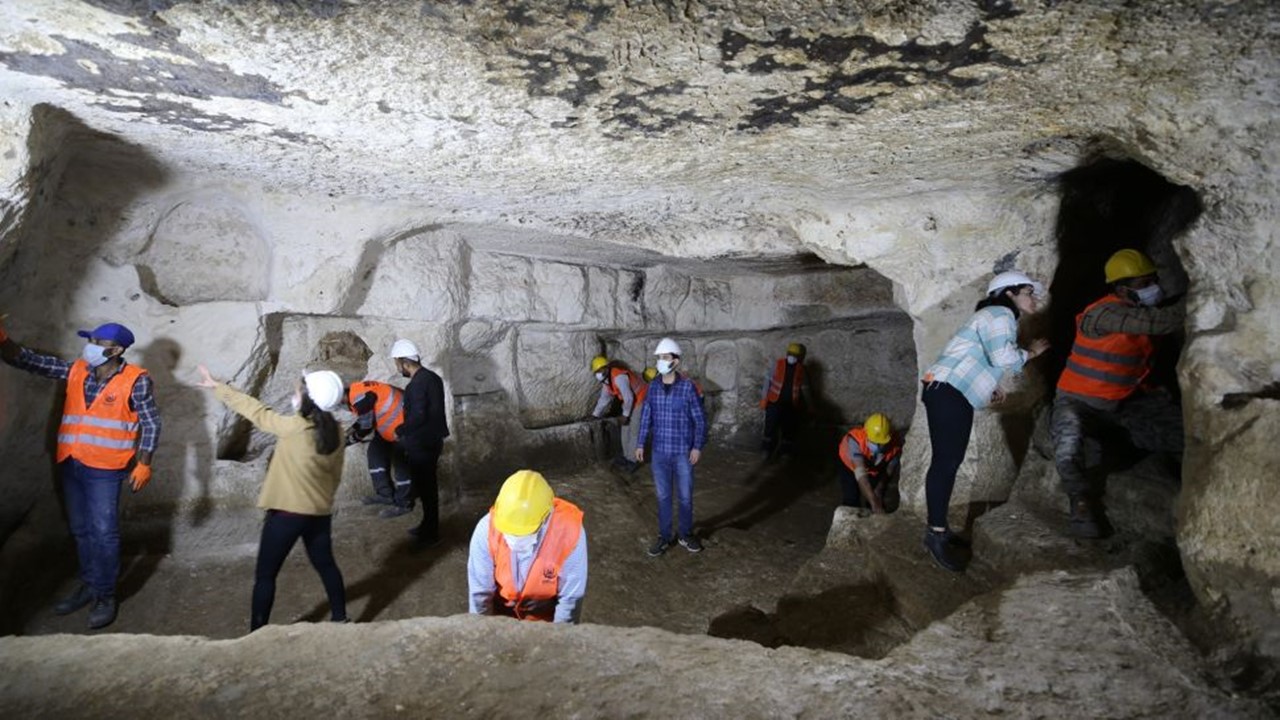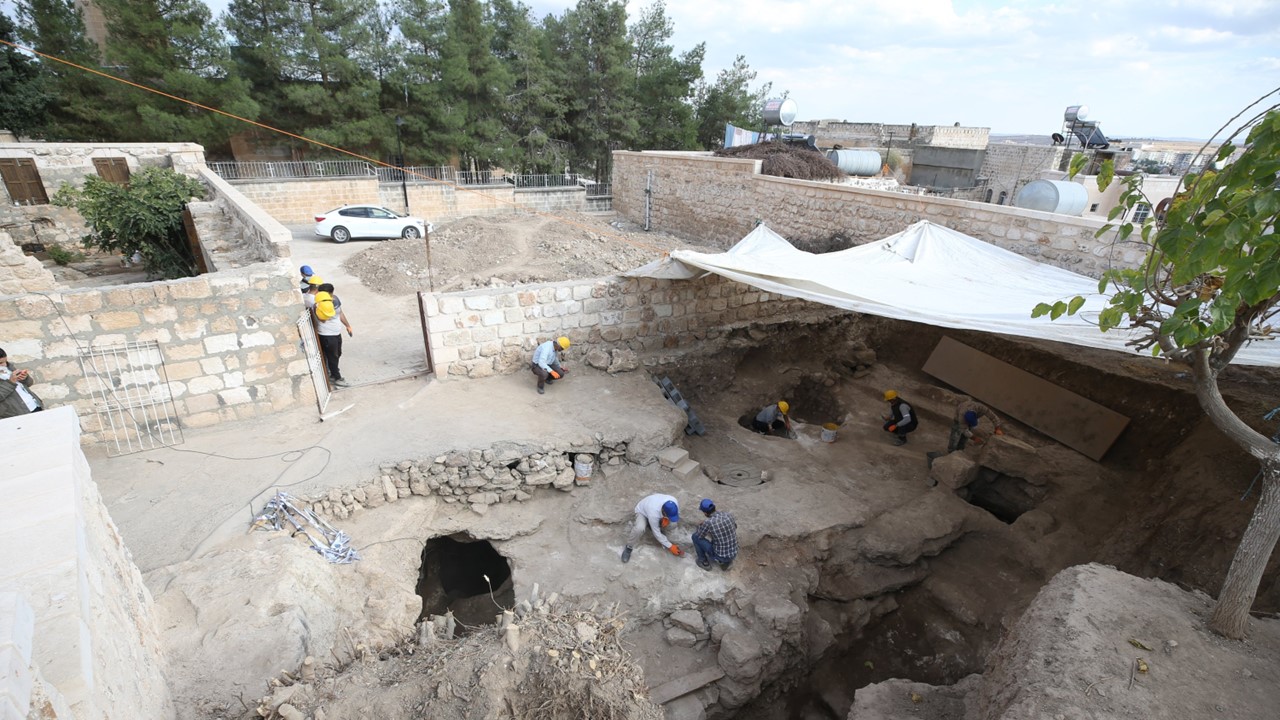A vast underground city, named known as Matiate, built almost 2,000 years ago was unearthed by archaeologists in southeastern Turkey. The subterranean complex that could house 70,000 people would have served as a protected space for early Christians to escape Roman persecution.
The first underground chambers of the ancient complex were found about two years ago, during a project to clean and conserve historical streets and houses in the Midyat district of Mardin province.

Workers on the project first discovered a limestone cave, and then a passage into the rest of the hidden city, Gani Tarkan, the director of the Mardin Museum and the head of the excavations, told the Turkish government-owned Anadolu Agency. Some of the local people already knew that there were caves below Midyat, but were surprised to find an entire city underground, Tarkan told Live Science.
In all 49 chambers have been unearthed in the colossal complex, including connecting passages, water wells, grain storage silos, the rooms of homes, and places of worship, including a Christian church and a large hall with a Star of David symbol on the wall, which appears to be a Jewish synagogue.
Artifacts found in the caverns — including Roman-era coins and oil lamps — indicate that the subterranean complex was built sometime in the second or third centuries A.D.

Only 5% of the underground city has been excavated so far. Tarkan thinks the entire complex may be larger than 4 million square feet (400,000 square m) in area and would have been large enough to accommodate between 60,000 and 70,000 people.
"Christianity was not an official religion in the second century [and] families and groups who accepted Christianity generally took shelter in underground cities to escape the persecution of Rome," Tarkan said. "Possibly, the underground city of Midyat was one of the living spaces built for this purpose."
In the Roman era, Christians were persecuted till the 4th century, when Emperor Constantine issued the Edict of Milan, making Christianity legal and ending the persecutions.
Lozan Bayar, an archaeologist with Mardin's Office for Protection and Supervision, agreed that Matiate might have been used by early Christians to escape Roman persecution.
The ancient city of Midyat above the subterranean complex was likely first built by the Hurrians, who occupied parts of central and southern Anatolia (in present-day Turkey) up to 4,000 years ago, during the Bronze Age.
Midyat was occupied, by Arameans, Persians, Greeks, Romans, Byzantines and Ottomans during its long history, with each civilization building on the work of the last.
-LivingScience